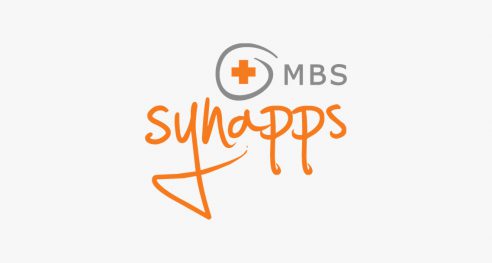Dear Doctors and Health Care Workers
It’s quality over quantity today. Some razor sharp insights in the last few questions.
Here’s answers to today’s questions:
1. I am a Surgeon. Can I charge my patients private fees for my consultations via telehealth? Or can I only bulk bill them using the COVID telehealth item numbers?
Yes, you can charge private fees without using MBS item numbers. See Bulletin 6, Point 4.
If you are using COVID telehealth item numbers the Government wants you to bulk bill, though its ability to enforce this is legally questionable. See Bulletin 1.
2. What are the COVID telehealth equivalents for mental health item numbers 2713, 2715 and 2717?
Here you go
| MBS | COVID video | COVID telephone |
| 2713 | 92115 | 92127 |
| 2715 | 92116 | 92128 |
| 2717 | 92116 | 92129 |
3. I am a Geriatrician who visits residential aged care facilities in the community to do comprehensive geriatric assessments and would normally bill item number 145. Now aged care facilities are in lock down and no visits allowed.
a) So, if I set up to video conference the patient, could I bill 141 and 149? Even if I am in metropolitan area, and I am less than 15km away from the patient?
Just remember that item 141 has a location requirement of ‘consulting rooms or hospital’. This relates to where you have to conduct the consultation from. Your consulting rooms could be your home, though this depends on how you have set yourself up and the addresses where you have provider numbers linked.
On the basis your ‘consulting rooms’ are your home (or if you are still attending at your usual rooms) then you can conduct telehealth item 141 consults to patients in nursing homes and add the item 149 loading, because all nursing homes meet the usual telehealth eligible area criteria. You don’t have to worry about the 15km criteria.
b) If I bill 141 and 149, how much will I receive?
$396.80 + $198.40 (50% loading) = $595.20
4. If the patient lives in the country and had planned to travel to visit the clinic for a F2F consultation, however, was unable to fly due to COVID health restrictions, shouldn’t this be billed as a COVID telehealth service?
There are currently two categories of telehealth billing:
a) Usual telehealth billing, and
b) COVID telehealth billing.
Although they are completely separate and distinct, sometimes both may apply to the same patient for the same consult.
However, the relevant considerations are the actual context around the delivery of each clinically relevant service, not what might have been contemplated but did not eventuate.
So, if the patient is in the country and it is a ‘usual’ telehealth eligible area, then usual telehealth billing is appropriate.
5. If the patient lives in the country but decides to risk travelling for a city based F2F appointment because they believe it’s better to be examined in person, how should we bill? It makes it difficult to charge usual fees when the COVID services are advertised as being bulk billed and they would have been eligible for a COVID service.
Definitely an ethical dilemma. I would suggest discussing this with the patient before they make the decision to travel – at the time when you call to confirm their appointment and presumably explain alternative telehealth options. You could maybe explain that F2F will be charged at usual fees to cover operating costs of running rooms and staff. The feedback we are receiving is that with good communication, most patients understand and are grateful for clear explanations and options. Keep good records of these types of discussions.
6. Elderly patients who attend our clinic in person because they have no smartphone or computer are charged usual fees. Yet the lucky few who do have a smartphone or computer and can stay at home are bulk billed. Has the Government thought about this?
Well! I’d say not. Another massive hole in the Governments forced bulk bill experiment.
Thank you everyone. Till tomorrow. Stay safe!
Margaret and the Synapse team.
COVID MBS items explainer and FAQs No. 17, 2 April 2020…Read more

